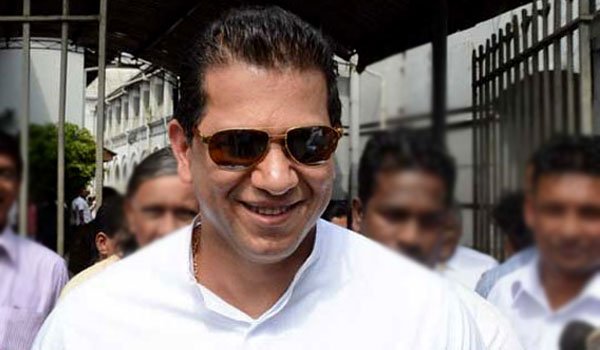According to the verdict given by the Chairman of the three member panel of judges, Shiran Gunaratne, there was insufficient evidence to prove charges of murder by the plaintiff and ordered the acquittal of all the accused.
He also expressed doubt regarding the manner the investigations were carried out and stated that the benefit of the doubt should have gone to the defendants.
Meanwhile, Judge M.B.S. Morayas refrained from issuing a verdict but he expressed agreement with the verdict of Judge Padmini N. Ranawaka.
However, legal experts point out that Judge Padmini N. Ranawaka had based her verdict on other factors rather than being based on facts that proved beyond reasonable doubt that the suspects had committed the murder.
Instead, she had based her verdict on the fact that the accused Duminda Silva had been in a state of intoxication at the time of the murder, his long standing animosity with Premachandra, other defendant acting under his leadership, Silva’s prior bad behaviour and using a weapon belonging to the LTTE.
Therefore there is a very strong probability that in the face of such controversial factors, the chances of the verdict given could change, legal experts pointed out.
However, prior to the verdict being given, when the defendants were given the opportunity to make a statement, they all said that they were not guilty.
The defence lawyers also stated that an appeal will be filed against this divided verdict.
The execution of the death sentence would have to be carried out at the Welikada Prison, while the date and time of execution will have to be decided by the President.
However Sri Lanka had abandoned the method of execution by hanging for many decades as it is considered a brutal punishment system worldwide.






